MD Stem Cells
10 Symptoms of Eye Disease to Watch Out For
Pay Attention to What Your Eyes are Telling You
Disease of the eyes can affect anyone, young or old. As vision is one of your most valuable assets, it’s essential to stay well informed. Eye disease can often have no visible signs, so it’s important to identify the symptoms and seek medical advice from an optometrist if you experience any of them. Here are ten common symptoms that may indicate a potential eye condition:
1. Blurred vision
Blurred vision or a sudden change in vision can be a sign of an underlying eye problem. While many people’s vision may worsen naturally, it’s important to see an eye doctor to be certain it isn’t a symptom of eye disease.
2. Flashes or floaters
These are small spots, specks, lines, or cloud shapes that appear in your vision. Flashes or floaters may be caused by retinal detachment, vitreous detachment, inflammation inside your eyes, or other problems with the vitreous humor, the gel-like substance found inside your eyes.
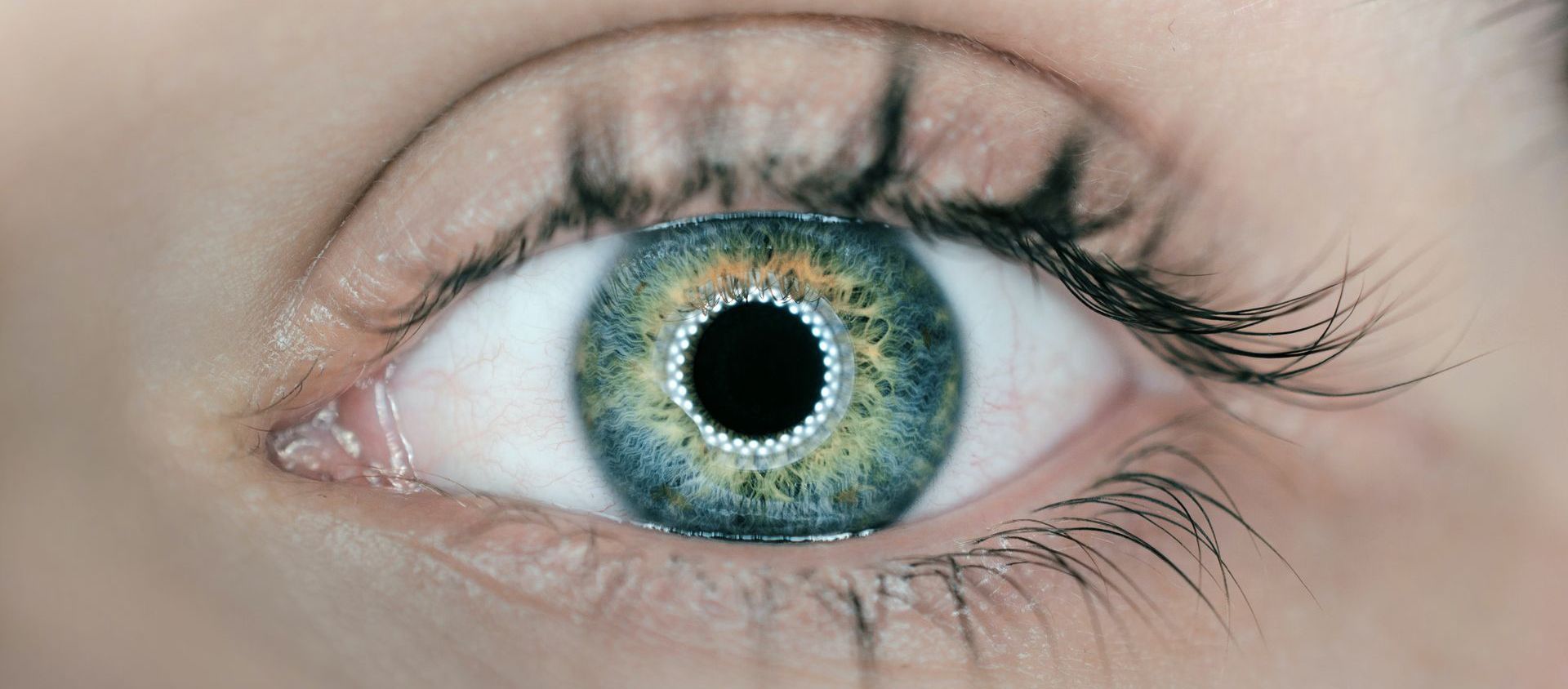
3. Painful or red eyes:
Pain in the eyes could be due to an infection such as conjunctivitis (pink eye) or keratitis (inflammation of the cornea). If accompanied by redness and swelling, it could also be caused by inflammatory conditions such as uveitis (inflammation of the middle layer of the eye).
4. Dry eyes
This is usually caused by a lack of tears and lubrication in your eyes due to age-related changes in tear production, environmental factors such as air conditioning or long hours staring at computer screens, autoimmune conditions, and certain medications such as antihistamines and oral contraceptives. Common signs include a burning sensation and sometimes a gritty feeling inside your eyes.
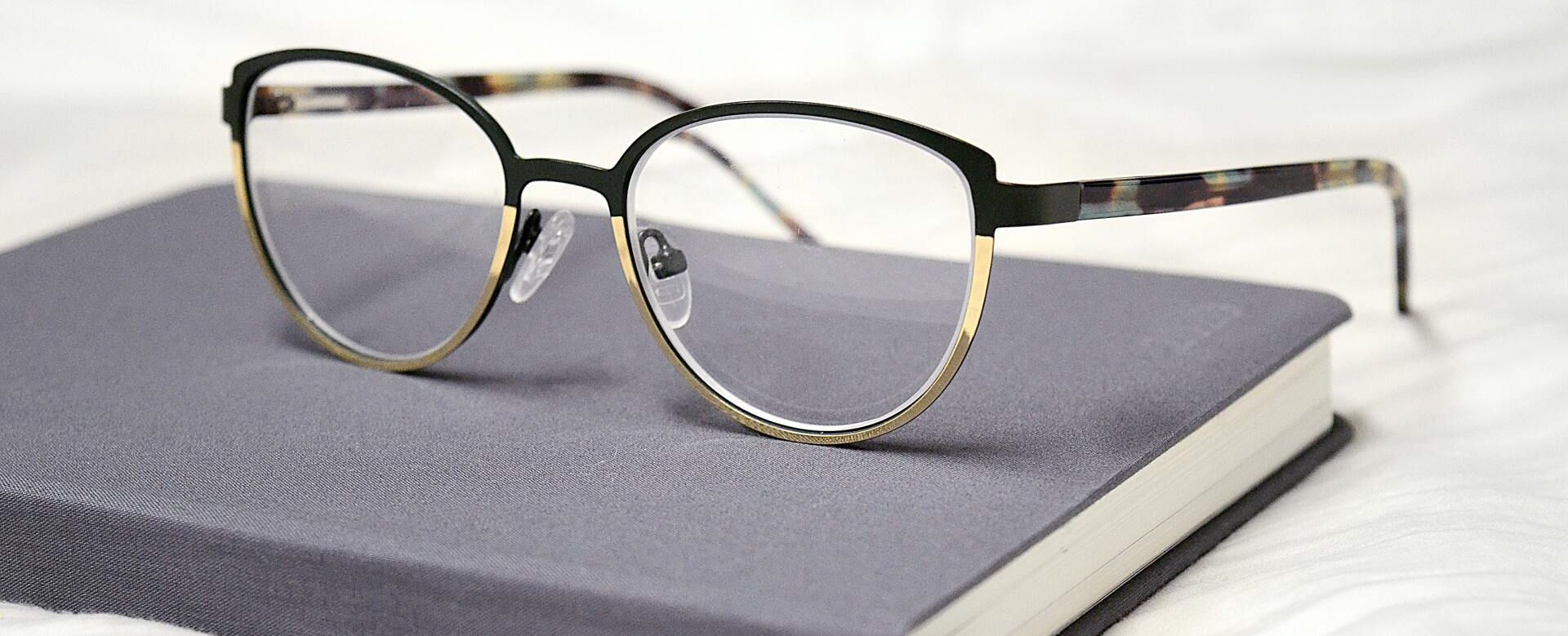
5. Sudden decrease in visual acuity
This can occur suddenly with no warning signs due to conditions like age-related macular degeneration (AMD), diabetic retinopathy (damage to ocular blood vessels), and glaucoma (increased pressure within the eyes). AMD is more common among people over 50, while diabetic retinopathy affects people who have diabetes mellitus types 1 and 2. Glaucoma is most often seen in adults over 60, but it can affect anyone at any age if left untreated for many years without regular checkups from an optometrist.
6. Difficulty seeing at night
This is usually caused by cataracts, which form when proteins accumulate on the lens of your eye, causing it to become cloudy and making it harder for patients to distinguish objects at night when there is less light available for their retina to detect them accurately. This symptom usually develops over time but can get worse if left untreated for a long period of time without being monitored regularly by an optometrist.
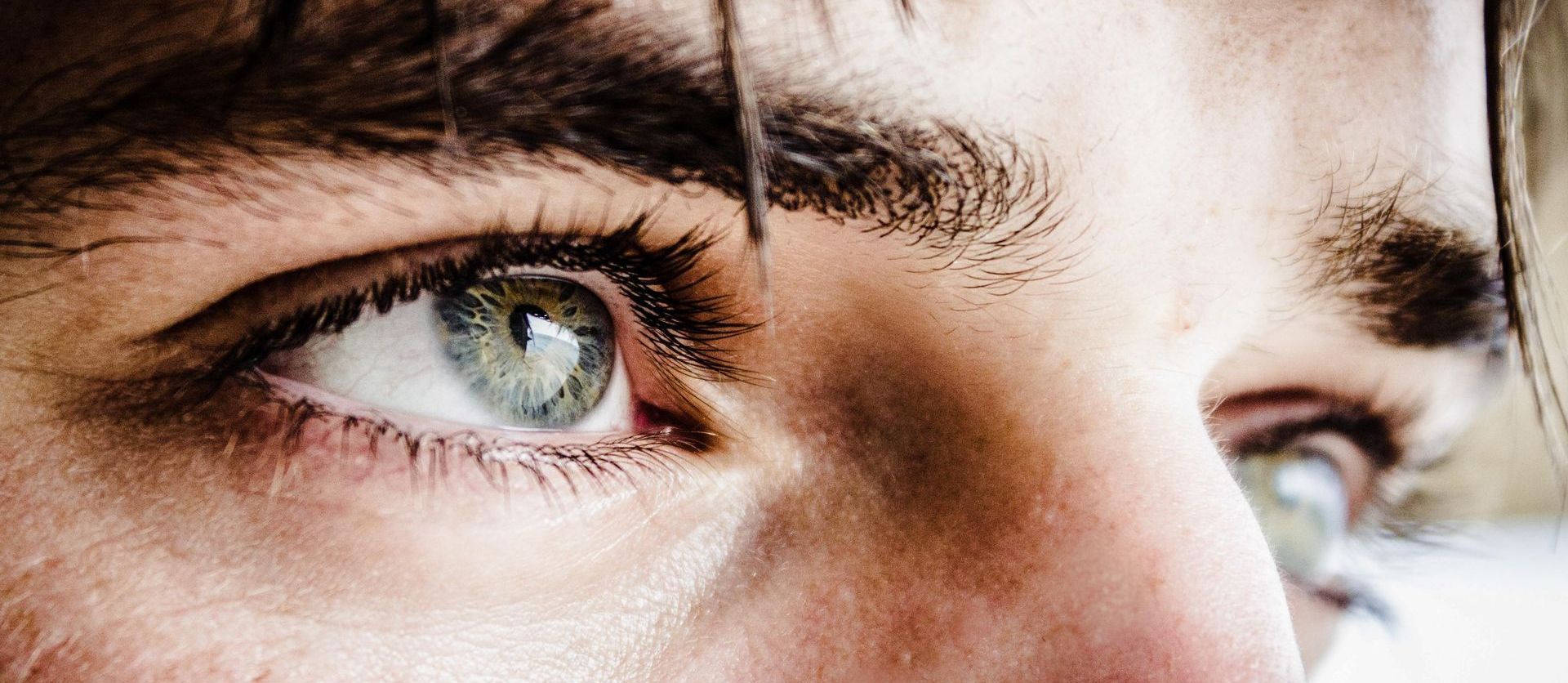
7. Light sensitivity
This symptom can be a sign of inflammation in the eye, such as uveitis or allergic conjunctivitis, which causes irritation to light entering the eye, resulting in redness, an itching sensation, and watery discharge from the affected areas. It's important to seek medical attention right away if you experience increased sensitivity to light so that a proper diagnosis and treatment can be given accordingly.
8. Halos around lights
Halos are bright circles that appear around lights when viewing them at night, which may indicate early-onset
cataracts that cause cloudiness on the lenses, making it difficult for patients to see clearly in low-light situations. It's essential that regular visits are made with an optometrist for proper diagnosis and management strategies before cataracts worsen, leading to a possible surgical procedure.

9. Squinting/eye strain
Squinting is often done unconsciously when our eyes become tired from prolonged periods of intense focus on close objects such as digital devices, books, and newspapers. This may lead to headaches, nausea, dizziness, or blurred vision. However, squinting should not be confused with
strabismus, which is misalignment between both eyes. Strabismus may indicate difficulty controlling refractive errors such as myopia (nearsightedness) or hyperopia (farsightedness); so seeking help from an optometrist would help determine an appropriate treatment plan based on individual circumstances if required.
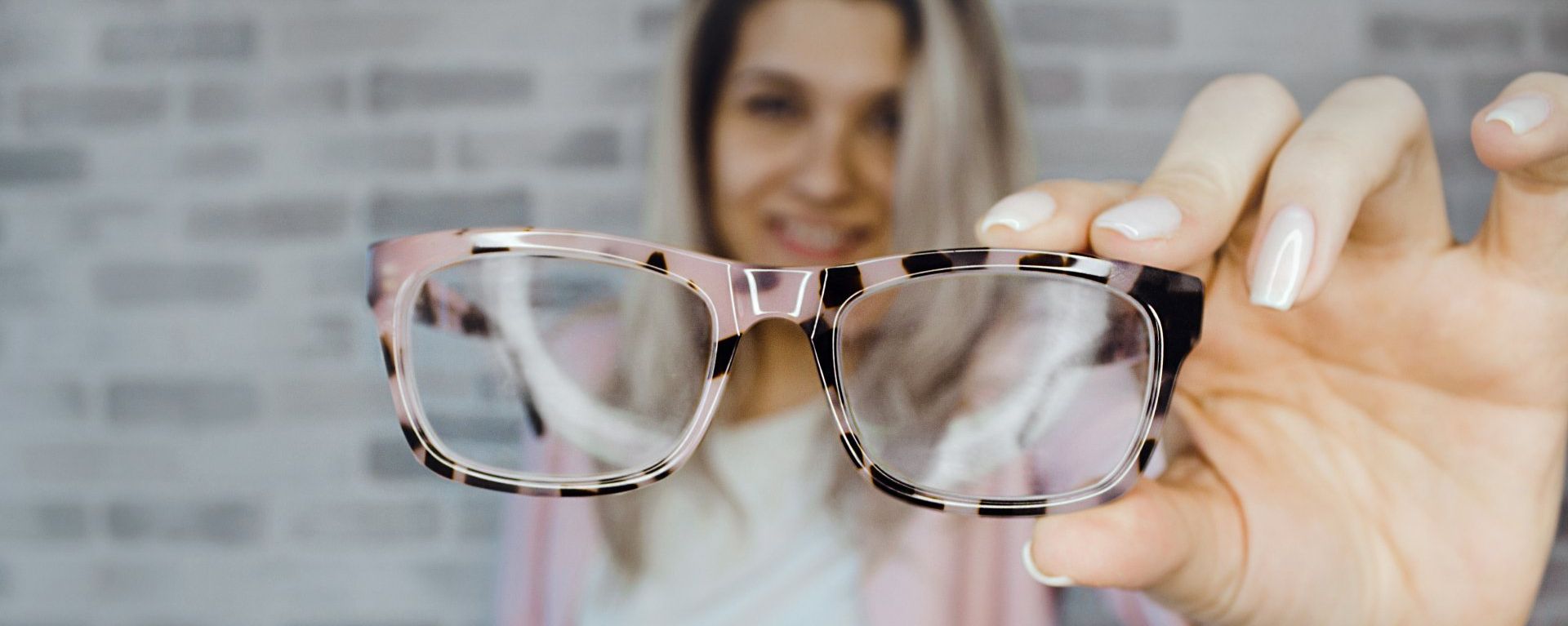
10. Loss of Peripheral Vision/Haziness/Cloudiness
Loss of peripheral vision is frequently associated with glaucoma, in which patients experience hazy, spotty areas alongside their central field, which gradually worsens if left untreated, potentially leading to progressive decline towards complete blindness over time depending on severity. As a result, regular visits with qualified optometrists who are able to provide accurate diagnosis via a variety of tests, such as tonometry, while identifying risk factors for developing glaucoma and assisting patients in maintaining a good quality of life in the future despite the potential decline associated with the condition.
While this list might seem alarming, the good news is that most eye diseases are treatable if they are caught early enough. If you are experiencing any of these symptoms or have not had an eye exam in the past four years, please give us a call and schedule an appointment as soon as possible.
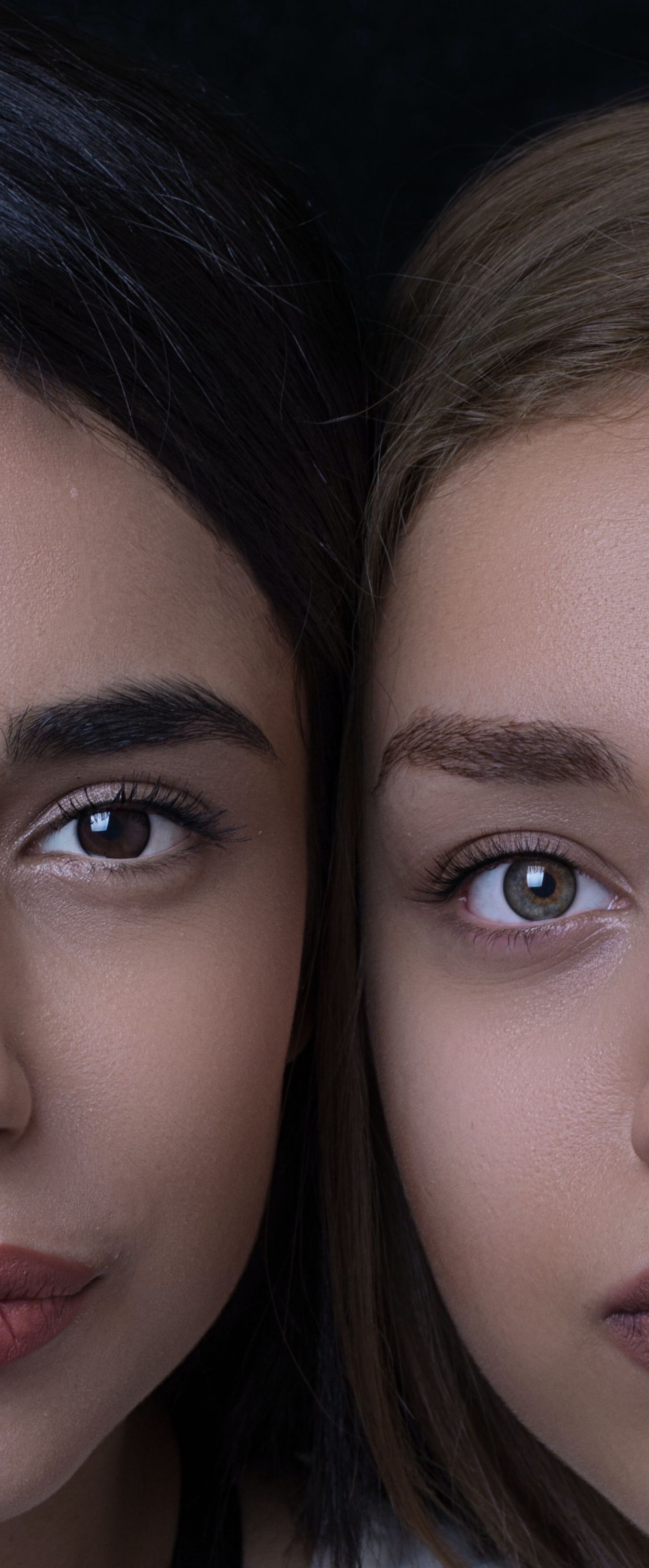
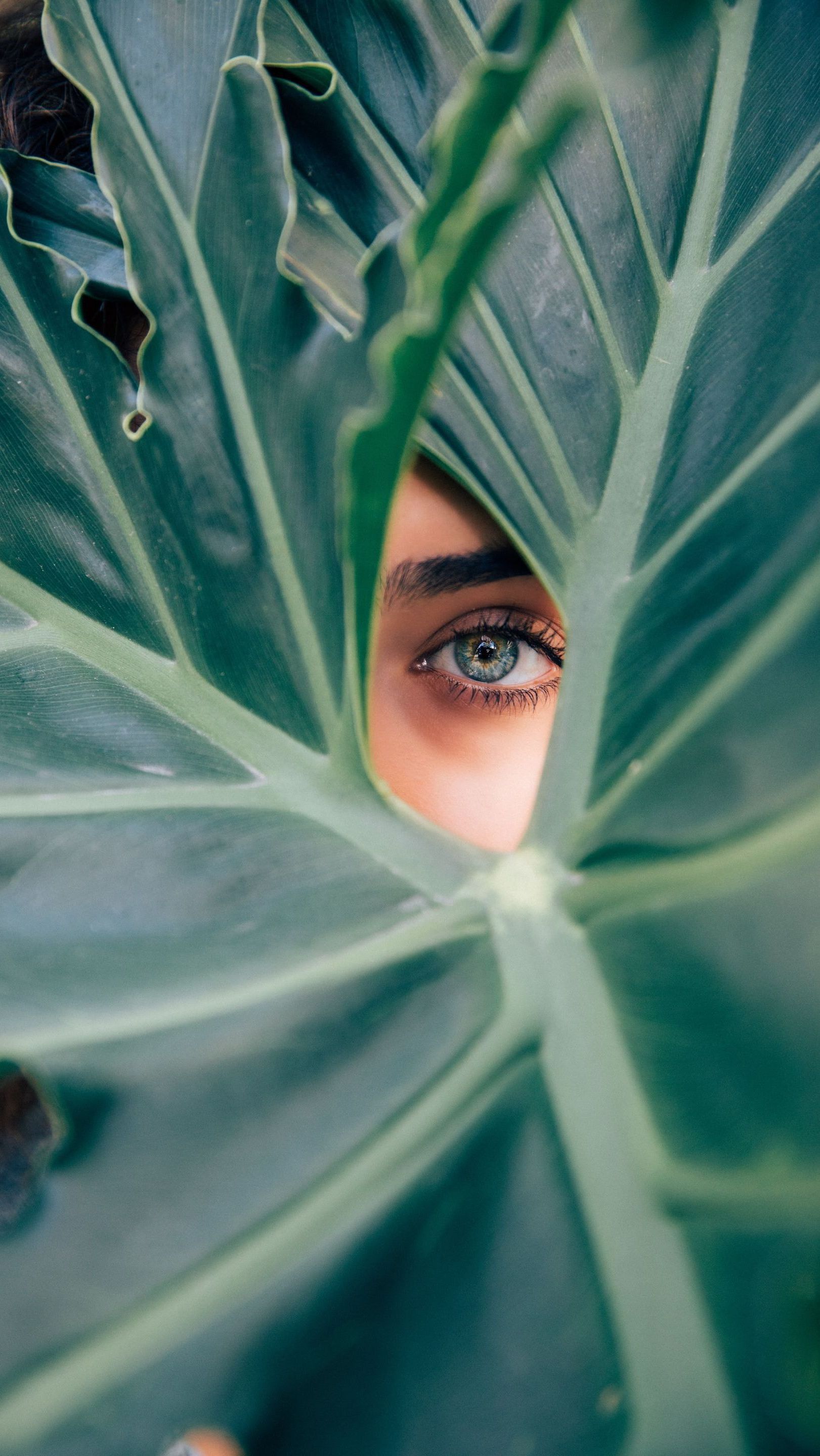



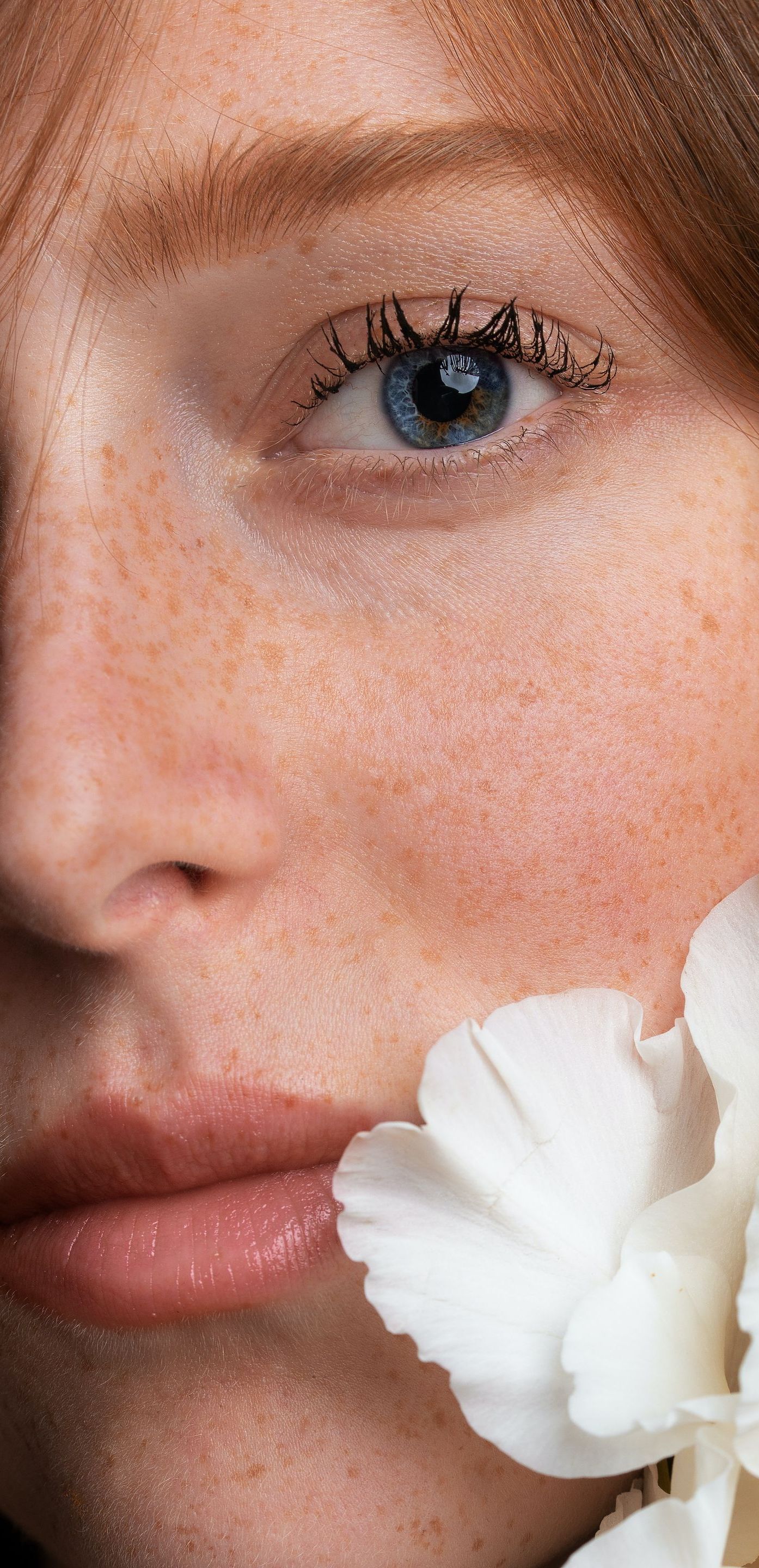


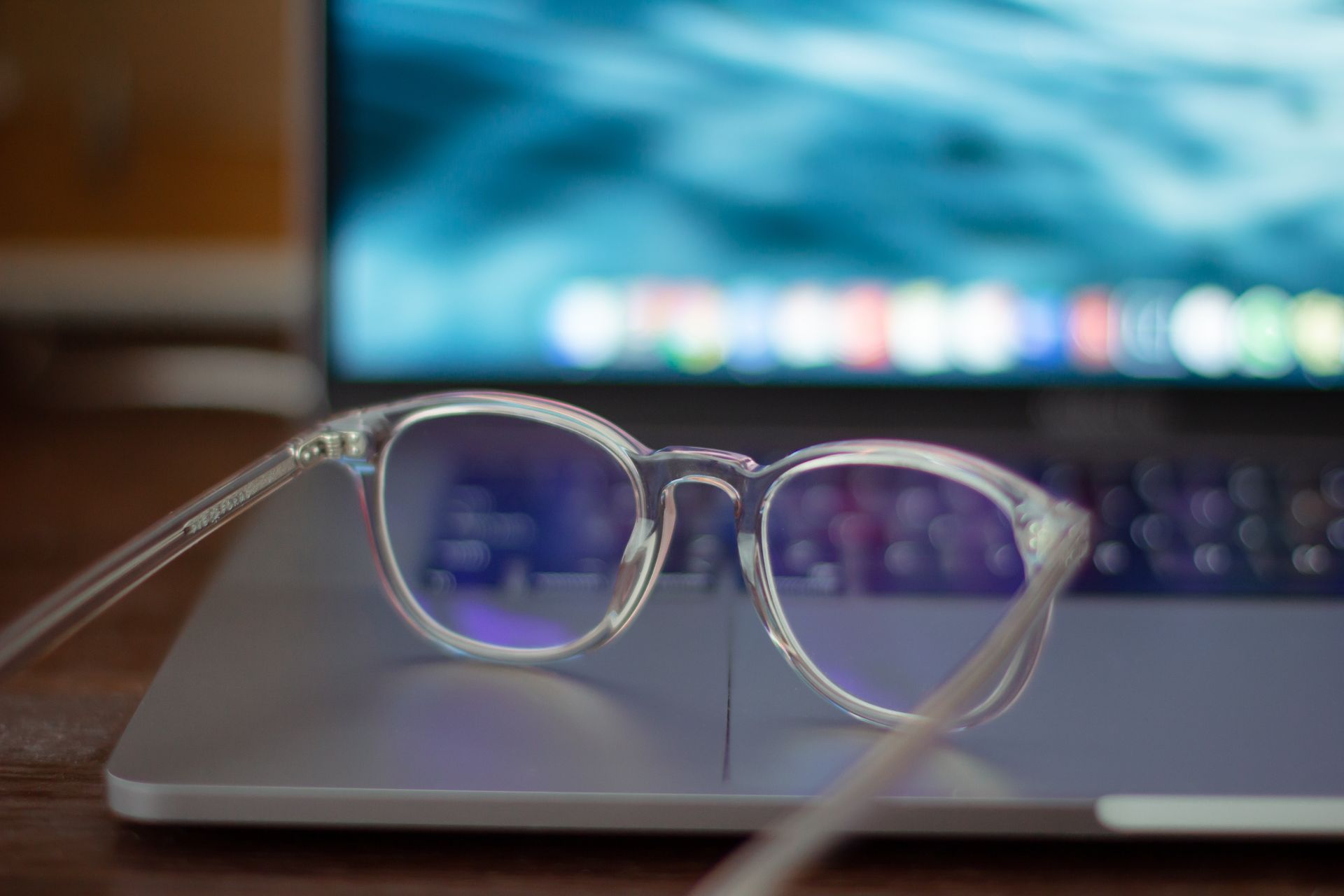
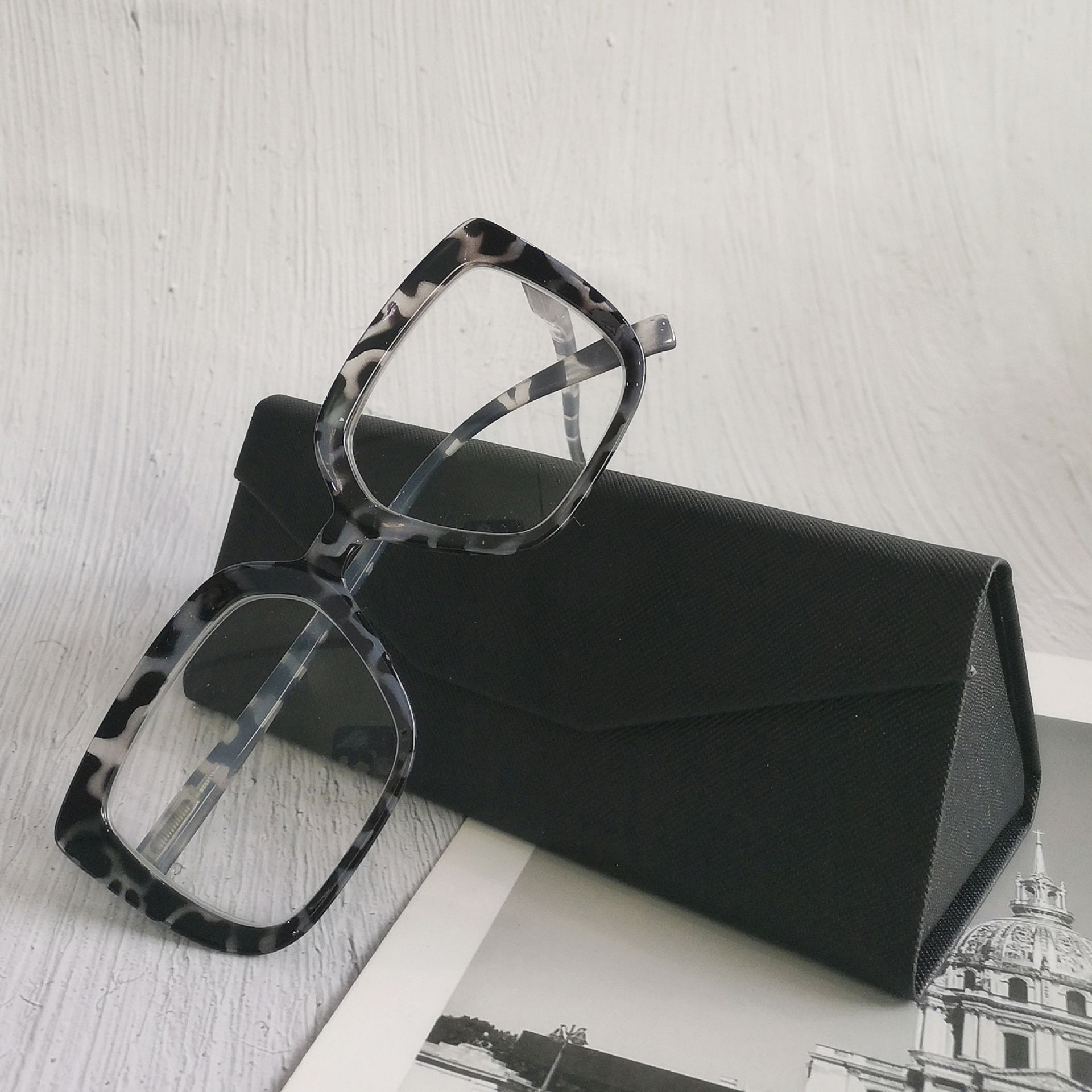


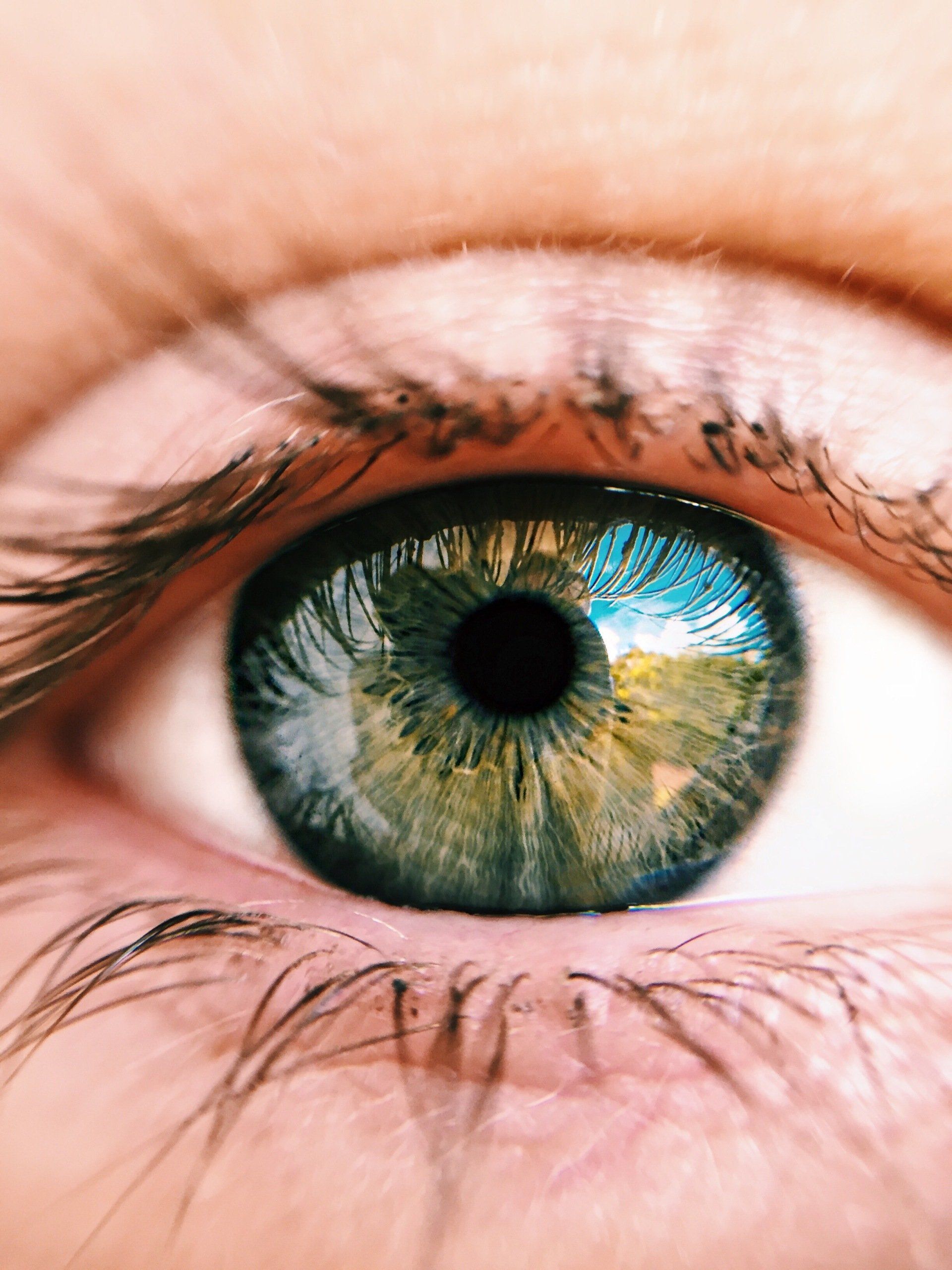
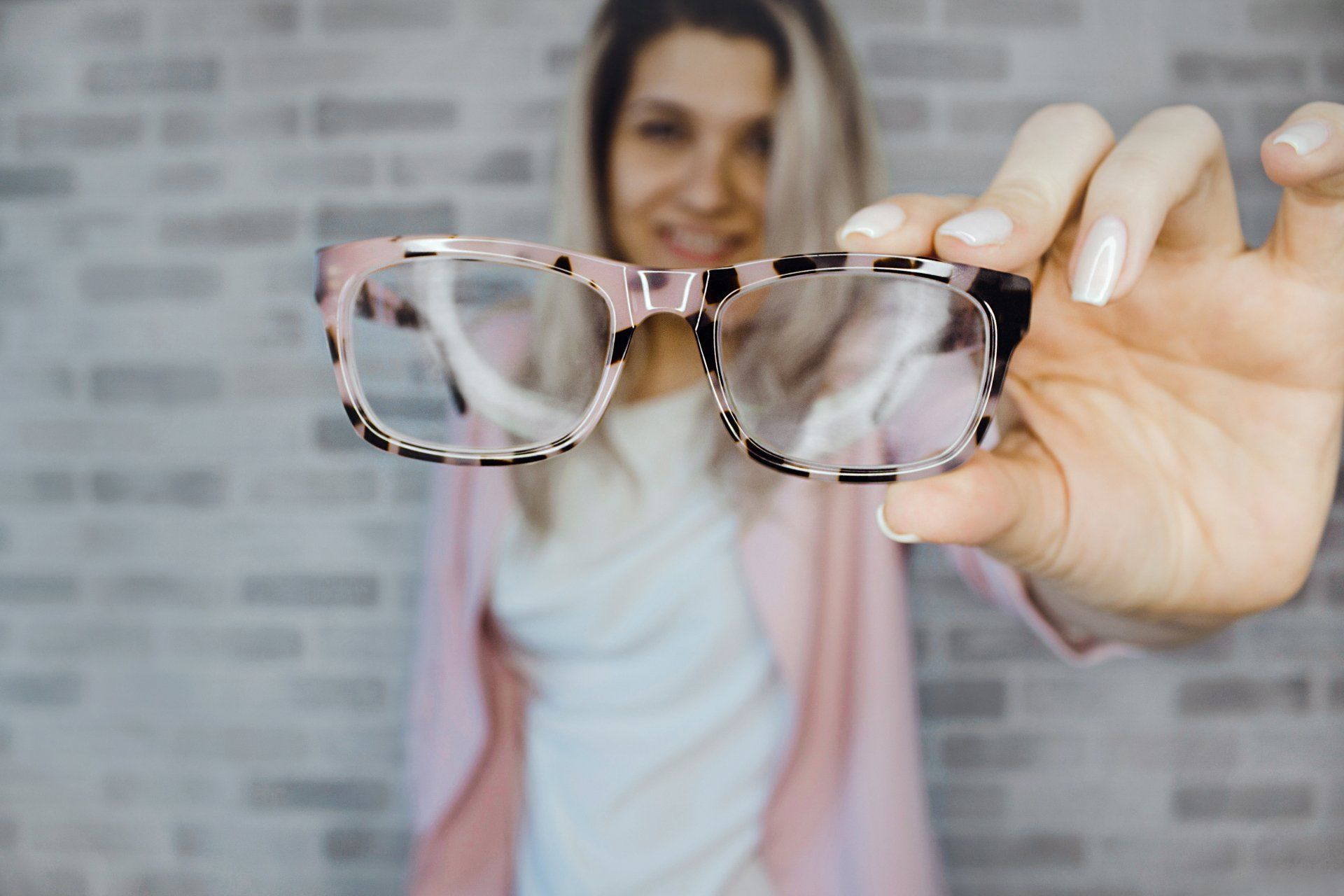

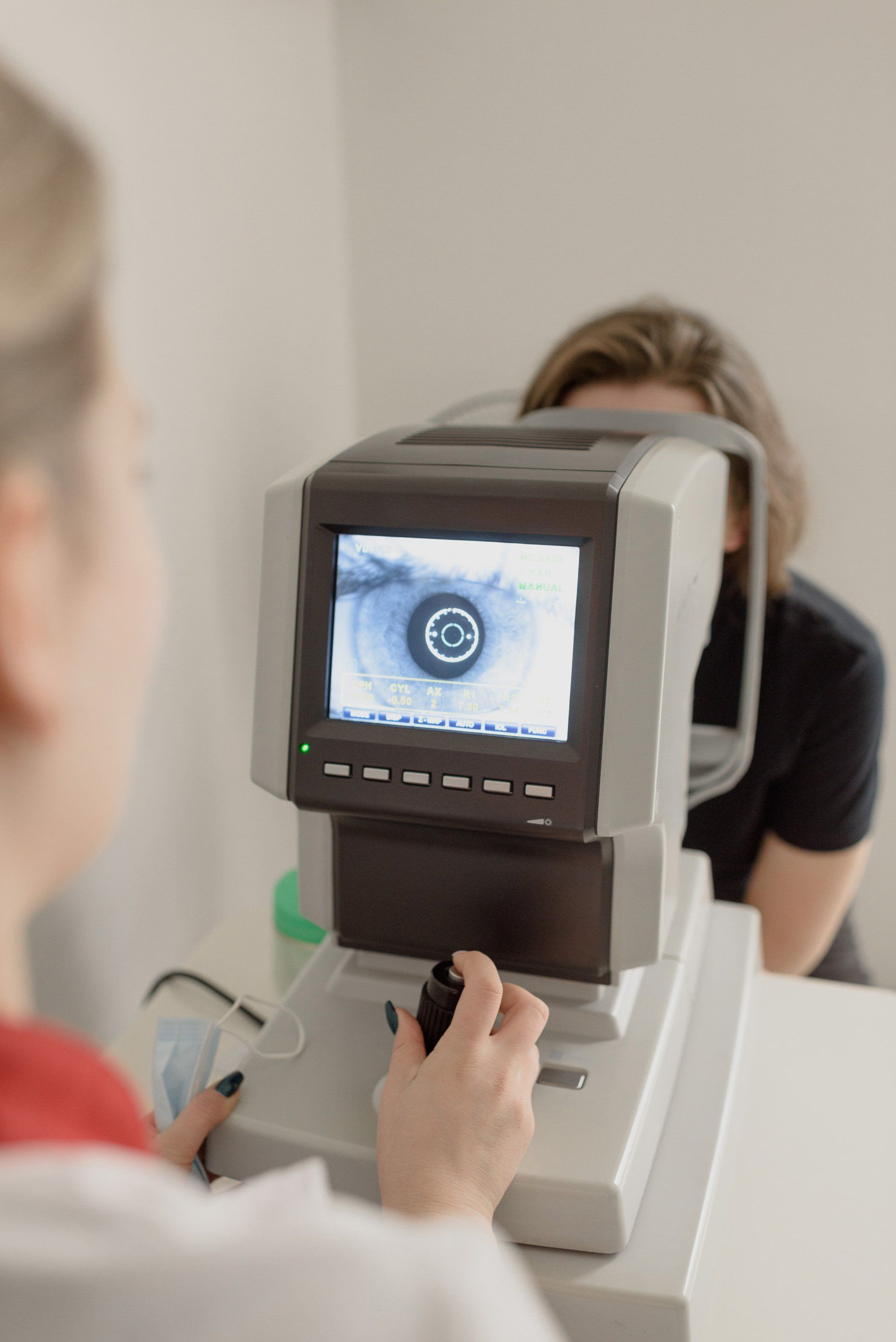










All Rights Reserved | MD Stem Cells
Treatment Locations
Coral Springs, FL
Dubai, UAE
Administrative Office
Westport, CT
Fax:
203-571-1418